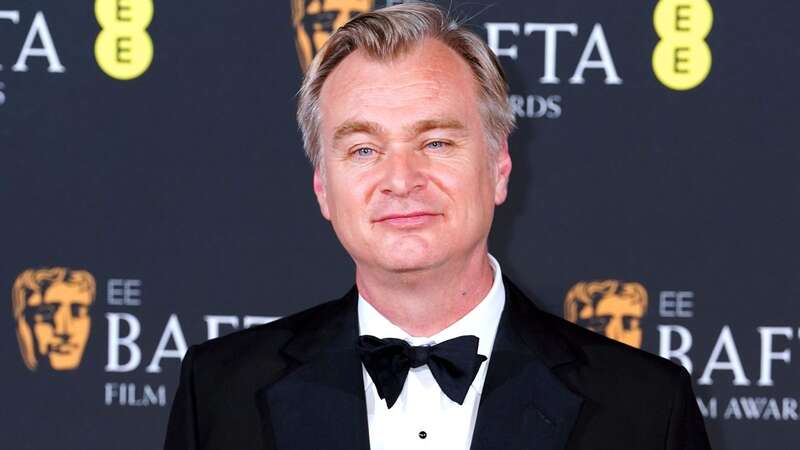
Big names in the film industry like Christopher Nolan, Richard Curtis and Emerald Fennell say tax relief for independent UK movie is "game changing" for budding talent.
Before the upcoming general election, Chancellor Jeremy Hunt declared in the final Budget that eligible film studios in England will get a 40% tax break on their business rates till 2034. He said he tax help will focus on UK independent films which cost less than £15 million to make.
The north-east of England also has plans to turn into a big spot for film and TV productions. This is after they made an agreement with the Government which will give them the means to form "one of Europe's largest filmmaking complexes" in Sunderland.
The director of Oppenheimer, Nolan and his wife Emma Thomas who worked as a producer on the hit movie, said together: "Independent and lower-budget filmmaking is where we had our start and where new voices and innovations vital to the entire industry are born. This enhanced tax relief builds on the incredible work already being done by British filmmakers and will create new opportunities for British crews, filmmakers and cast members for years to come.”
Nolan, who was born in London, made several short films at the start of his career. He then moved on to make a load of major hits including Inception, Interstellar and the Dark Knight trilogy. Cillian Murphy, the Irish actor, stars in Nolan's latest hit where he plays J Robert Oppenheimer, known as the father of the atomic bomb. This film has won many Baftas and is up for 13 Oscars.
 Coronation Street slammed by furious fans who complain to Ofcom about racial abuse storyline
Coronation Street slammed by furious fans who complain to Ofcom about racial abuse storyline
Richard Curtis, who made Love Actually and Notting Hill, and Emerald Fennell, who directed Saltburn and Promising Young Woman, are among the British talent supporting the relief. Idris Elba from Luther, Tilda Swinton from Doctor Strange, Sir Kenneth Branagh who directed Belfast, and Sir Sam Mendes who made Skyfall are also backing it.
Barbara Broccoli, who produces the Bond films, said this move is "game changing" for the industry. "It will ensure that our screen industry will continue to thrive by giving opportunities to a diversity of new talent both on and off the screen for future generations of filmmakers," she added.
Sir Steve McQueen, who won an Oscar for 12 Years A Slave, said he "strongly" supports the move because independent films are "extremely important". The Budget also included a deal between the Government and north-east England to boost the UK's position in the global film and TV industry.
This deal will give Sunderland City Council and the North East Mayoral Combined Authority the "tools" to create Crown Works Studios. They have confirmed they plan to invest up to £120 million in the project. The studios, which include a plan for 20 sound stages, are expected to create more than 8,000 jobs in the region.
Leo Pearlman, managing partner at Fulwell 73, a production company involved in the project, described the deal as a "historic moment" for Sunderland, the North East and the UK's screen industries. "Crown Works Studios will help transform the city we love into a global hub for big budget film and TV production," he added.
"Britain's creative sector is at its best when industry and the public sector share the same vision and work together to deliver it, so I'm hugely grateful for the backing of the new North East Mayoral Combined Authority and for the partnership between them, Fulwell 73 and Sunderland City Council."
During the Budget announcements, Mr Hunt also recognised the importance of the music sector in the UK by making tax reliefs for orchestral productions permanent at 45%. The current temporary 50% rate, introduced during the pandemic to protect performers, was due to taper down from April 2025 and drop eventually to its original rate of 25%.
Read more similar news:
Comments:
comments powered by Disqus































